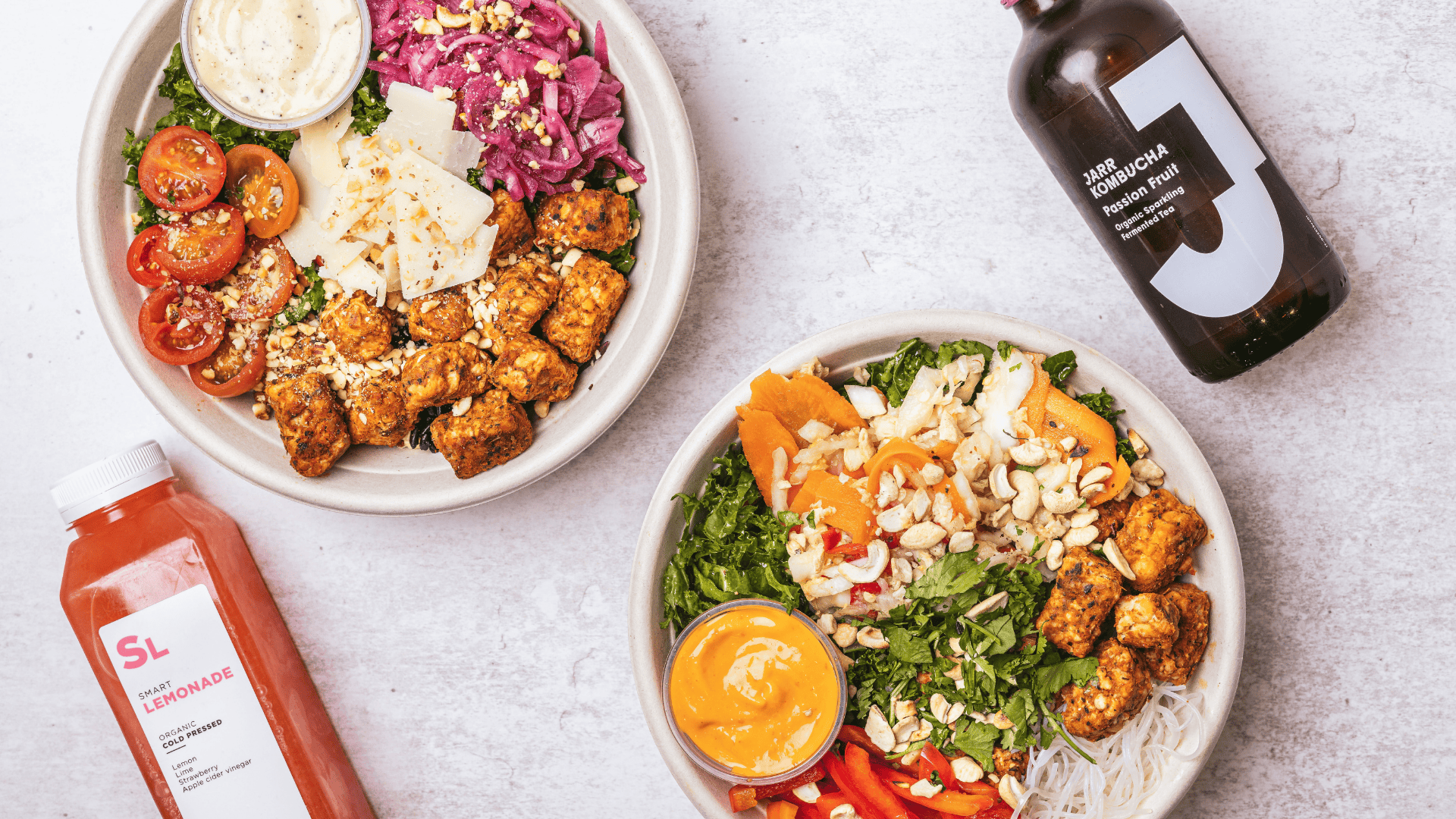Reimagining Office Catering in London: What to Consider When Choosing a Provider

Reimagining Office Catering in London: What to Consider When Choosing a Provider
As London companies return to buzzing offices, food has quietly become a strategic tool. It fuels productivity, builds culture, and brings hybrid teams together. But with so many platforms offering corporate meals from traditional caterers to app-based delivery services knowing where to start can feel overwhelming.
Whether you're looking for group lunches, regular team meals, or flexible ordering for hybrid staff, it’s worth taking a closer look at the tools behind the experience. Let’s explore what to keep in mind when comparing different workplace meal solutions particularly for teams weighing platforms like Feedr or Uber Eats.
Check our full Feedr vs. Uber for Business
Designed for the Office, or Simply Available to It?
Many food delivery platforms were born in the consumer world and they've done an impressive job of adapting to corporate needs. That said, some were built specifically for office settings from day one.
Look for features like:
- Individually labelled meals for easy desk-drop distribution
- Admin controls to streamline ordering for growing teams
- Recurring delivery scheduling, not just on-demand drop offs
These may sound like small perks, but in a 40 person team with multiple dietary needs, they make a big difference.
Logistics Matter, Especially in London
London’s lunch rush is no joke. Between traffic delays, security access, and tight meeting schedules, food arriving five minutes late can throw off an entire afternoon. That’s why pre-scheduled delivery models with trained couriers are becoming more common in workplace-first platforms.
While real time ordering is perfect for personal meals, a bit more planning goes a long way in corporate settings.
Sustainability Is No Longer Optional
London teams care about the planet and many companies are being measured on it. If your sustainability goals include lowering carbon output, food delivery can play a surprising role.
Some providers are leaning into zero emission delivery vehicles and low waste packaging, while others remain more focused on speed and scale. It’s worth asking your provider how their logistics align with your ESG values.
Local vs. Global Taste
There’s nothing wrong with a well known burger chain, but many teams are looking for variety beyond the usual suspects. Platforms that curate local restaurants, caterers, and independent kitchens often provide:
- A broader range of cuisines
- Higher hygiene standards
- Menus tailored to workplace needs (think: vegan, halal, gluten-free)
It’s a great way to support neighbourhood vendors and keep teams excited about what's for lunch.
Technology That Actually Saves Time
When comparing food platforms, it’s not just about what you see it’s how it works in the background.
Some solutions offer:
- Automated ordering tools that learn your team’s habits
- Allergen and dietary filters baked into user profiles
- Intuitive apps that make ordering feel effortless
These small things can have a big impact, especially when you’re managing meals for 100 people across five floors.
Why Many London Teams Are Exploring Feedr
We’ve seen more and more workplace teams take a closer look at Feedr especially those coming from consumer-first platforms like Uber for Business. It's not about replacing one with the other, it's about choosing the right tool for the job.
Feedr offers:
- A platform built specifically for corporate catering
- A strong focus on sustainability and local partners
- Smart logistics that match London office routines
In addition to these, Feedr has features that make meal ordering feel as seamless as possible - making it the perfect partner for businesses of all sizes.
Final Thoughts: Food That Works as Hard as You Do
Whatever platform you choose, whether you're sticking with your go-to or exploring new workplace-first solutions the goal is the same: make food simple, enjoyable, and impactful for your team.
In a city like London, a good lunch isn’t just a perk. It’s part of how we connect, collaborate, and keep moving forward.


.jpg)
.jpg)